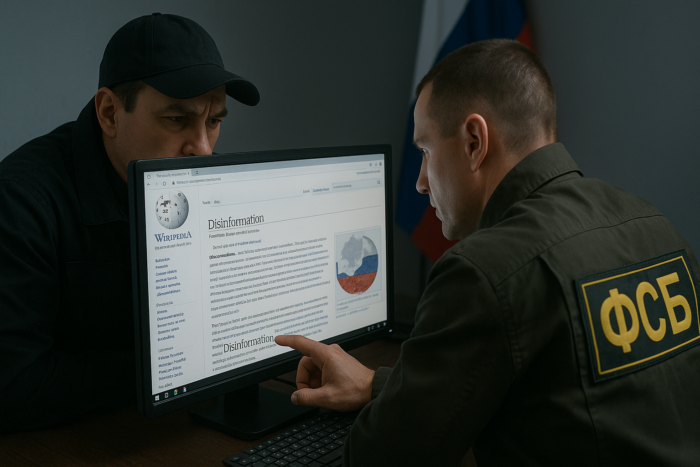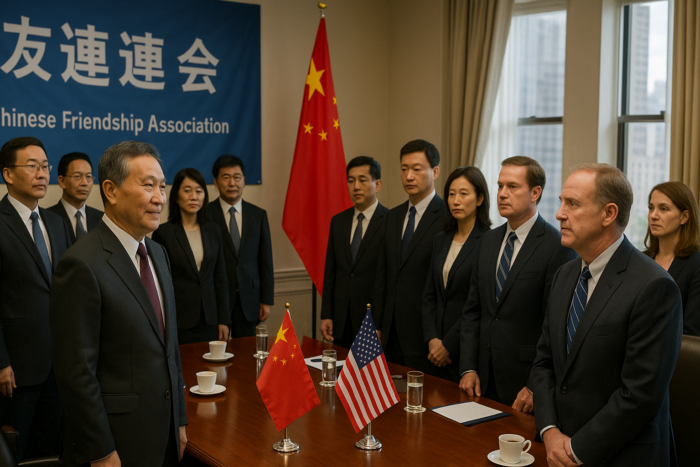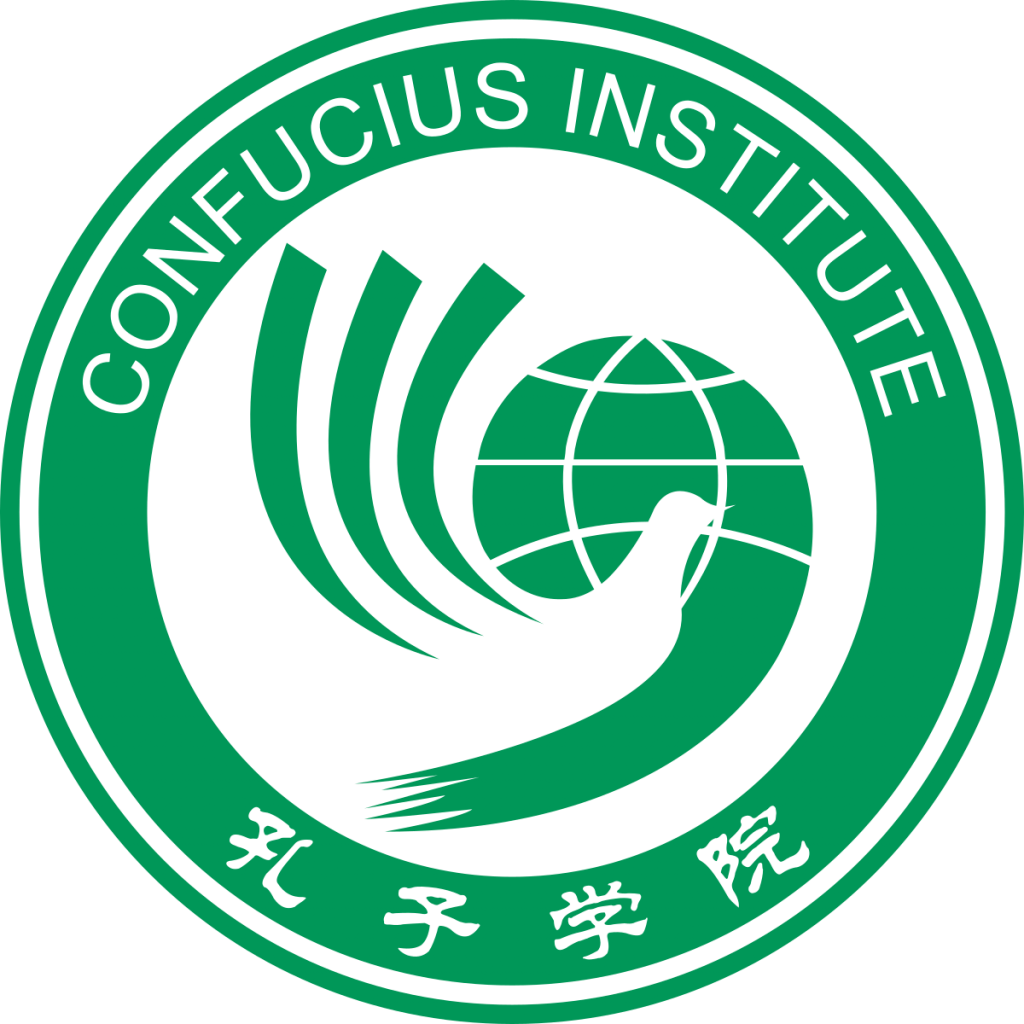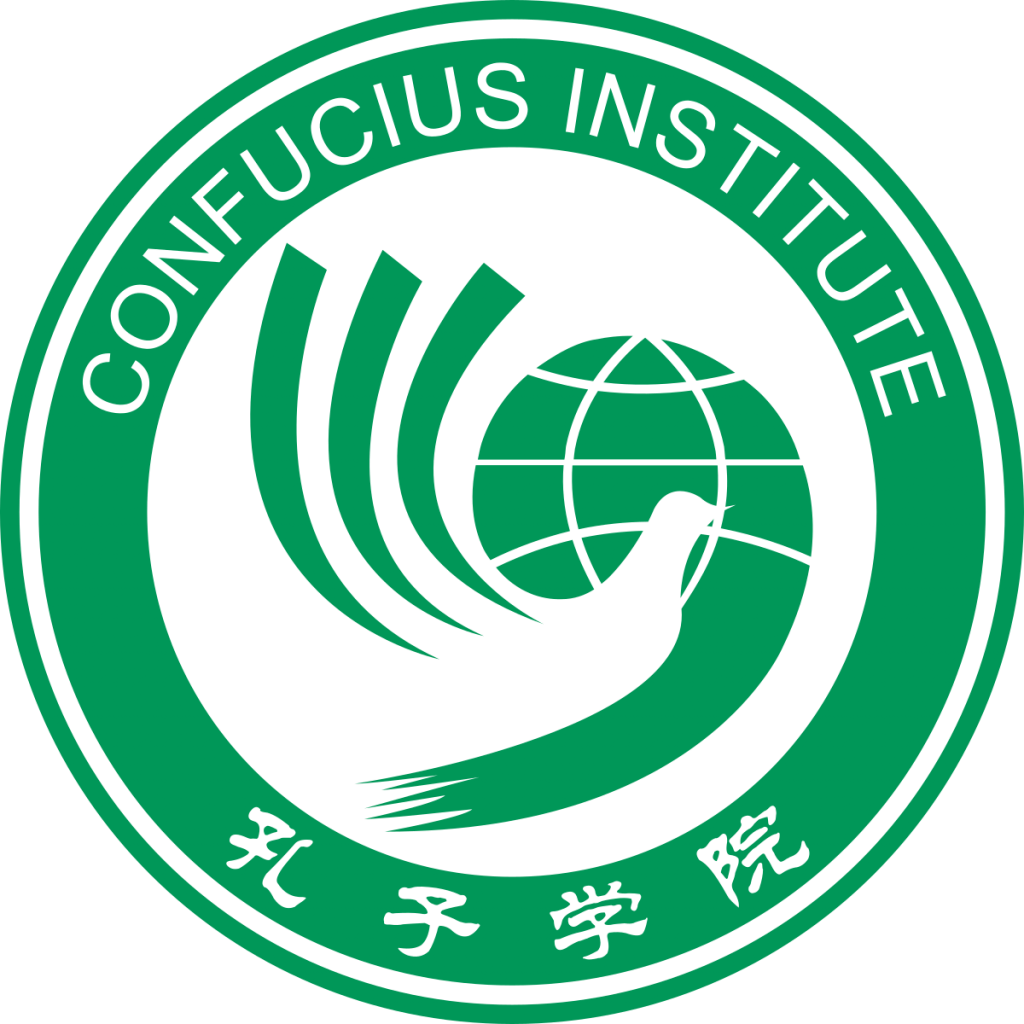The Stanford Center on China’s Economy and Institutions (SCCEI) recently published a study examining whether China’s government exerts control over teachers at China’s Confucius Institutes (CI) and how it might shape their behavior. The study found that while the Chinese government does not seem to provide any overt direction or control of CI teachers, they still exhibit a high degree of political compliance while working abroad :
April 1, 2022 Sponsored by China’s government, Confucius Institutes (CIs) comprise the world’s largest government-funded culture and language promotion program, and currently operate at universities and schools in over 160 countries. Over time, the CIs have received scrutiny for purportedly serving as vehicles of Chinese Communist Party (CCP) propaganda, censorship, and indoctrination beyond China’s borders. Yet, little is known about whether China’s government exerts control over CI teachers, how it might shape the behavior of CI teachers, and whether CI teachers censor politically sensitive topics or perpetuate government narratives. […] Analysis of the survey experiment data finds that CI teachers report frequently espousing the CCP’s position even without specific instruction or prompting regarding what to say or do when encountering sensitive political topics abroad. With no reminder at all (neutral statement as control), more than 70% of CI teachers reported they would change the subject and prevent their students and/or colleagues from further expressing their views; or simply echo the official CCP line that Taiwan was part of the PRC. Those receiving the reminder to adhere to PRC disciplinary principles were 10% more willing to echo the CCP line and 14% less likely to self-censor. Interview data from CI teachers also suggest that even those teachers who foster open discussion on controversial topics such as Taiwan do so in order to persuade others that the CCP’s position is correct, not to stimulate genuine debate.
Read the full study here.
Confucius Institutes are public educational partnerships between colleges and universities in China and colleges and universities in other countries. In 2019, Inside Higher Ed described Confucian Institutes as follows:
The Confucius Institutes have long been controversial. The centers vary somewhat across different campuses, but they typically offer some combination of Mandarin language classes, cultural programming and outreach to K‑12 schools and the community more broadly. They are staffed in part with visiting teachers from China and funded by the Chinese government, with matching resources provided by the host institution. The number of U.S. universities hosting the institutes increased rapidly after the first was established at the University of Maryland College Park in 2004, growing to more than 90 at the peak.
Read the rest here.
Past Global Influence Operations Report coverage on China’s Confucius Institutes has included:
- In November 2021, we reported on the publication of a French Senate report on Chinese influence in France, which dedicated a section to China’s use of its Confucius Institutes.
- In October 2021, we reported that following pressure from China, two German Confucius Institutes canceled a book presentation of a critical biography of Chinese president Xi Jinping.
- In July 2021, we reported that Germany’s education ministry announced it would invest millions of Euros in combating Chinese influence over German Universities and that the German Education Minister called on universities to cut off cooperation with the Confucius Institutes.
For more GIOR coverage on the Confucius Institutes, go here.












